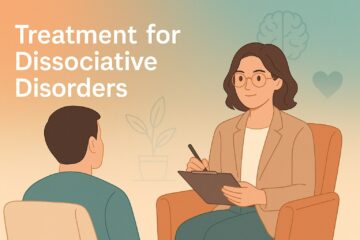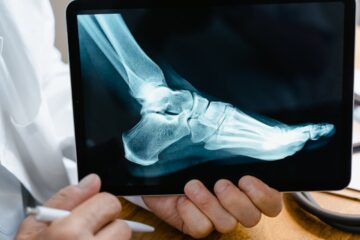From Miscarriage to Entrepreneurship: How Adia Health Empowers Women To Own Their Fertility Journey

2016 became the first 12 months in England that more women gave beginning over the age of forty than girls who were under the age of 20. Indeed, the average age of a primary-time mom in England in 2017 was 28.8 (for guys, 33.4), while in 1980, it was 22.7. With both men’s and women’s fertility starting to decrease from 35, it’s no surprise that fertility is turning into a bigger problem and, as a result, a massive commercial enterprise, with more couples experiencing troubles conceiving.

Like many founders of fitness and health-related companies, this changed in the case of Lina Chan, founder of Adia Health. Born in Brazil to Chinese immigrant parents, Chan had had a particularly successful career in finance. Having been married at the age of 3 or 4, she started attempting to have a child at the age of 35 and ended up going through a full adventure of miscarriage, problem conceiving, and pre-term birth. Neither Chan nor her accomplice had ever carried out any fertility or blood checks and, as she says, blindly thought that they could get pregnant without difficulty, as we are frequently taught to accept as true. Sadly, her first pregnancy changed into a loss at 27 weeks, and her 2d miscarried at 8 weeks. Luckily for Chan, her physician changed into proactive and, at that point, ordered a series of blood checks which confirmed that she had a blood-clotting disorder. Once armed with that knowledge and a plan to cope with it, she went on to have 3 kids.
Chan found out that when it comes to her career and everything else in her lifestyle, she has been proactive, but when it came to conceiving and being pregnant, her experience changed into reactive. One cause many girls revel in is that fertility and pregnancy difficulties are still very taboo subjects, which is why Chan is so open about her very own experience. This led her to discover Adia Health to help women navigate and control their personal fertility journey through education, getting access to holistic care, check, and experts.
How Does It Work?
Adia Health’s first product launched in January 2019 and is experiencing 50% growth month on month. Through a small blood pattern executed as a finger prick at home, Adia gives you fertility hormone assessments to assist women in the know-how they need to be proactive. This test gives a detailed picture of a woman’s reproductive fitness, including her ovarian reserve, duration of health, how they may react to IVF, and thyroid health. With all of the exposure about Theranos and finger-prick blood tests, Adia Health says that they have labored tough to be transparent with their testing, the use of approved laboratories that are inspected for average exceptional management using The United Kingdom Accreditation Service with each internal and external first-class controls, as well as regular audits and clinical governance. To ensure the take a look at is correct, they ship the samples to two distinct laboratories.
Once a consumer has acquired that statistics, they have access to curated specialists in women’s fitness and fertility specialists, nutritionists, and coaches. Users are also capable of getting access to a wealth of instructional information and mindfulness meditation. All the content on the platform has been advanced by using specialists in obstetrics, fertility, nutrition, and psychology, consequently eliminating the confusion that “Dr. Google” frequently creates for girls.
Making Fertility Accessible
The check prices £ ninety-nine, and all different offerings and content material are free. Chan is determined to make the product as cheap as possible to ensure that Adia can reach as many women as possible. Having raised an initial seed round of £250,000, inclusive of Seedcamp, Adia received a provision of £30,000 from the Wellcome Trust to conduct a take a look at measuring women’s health improvement as they use the platform and gain access to holistic help. To date, the girls in the examination have reported that being on the platform, they feel more knowledgeable, assured, and have stepped forward in emotional wellness.














